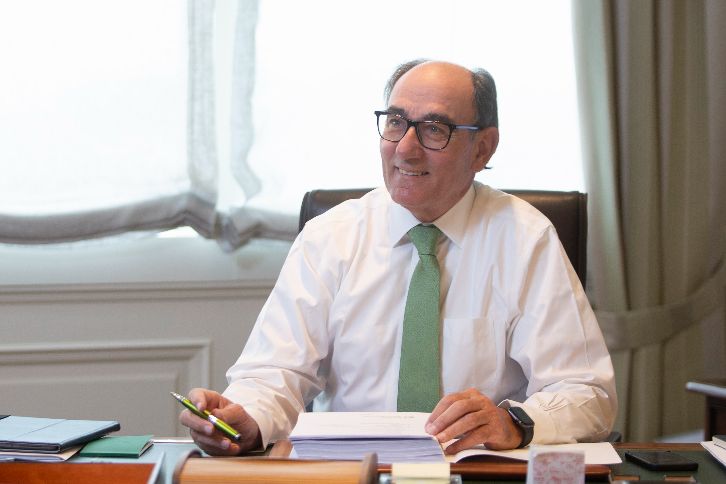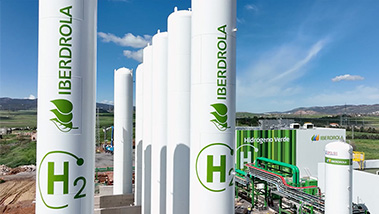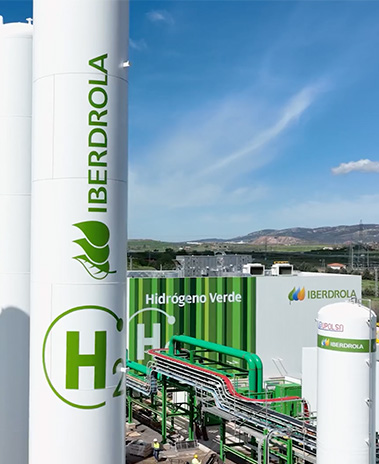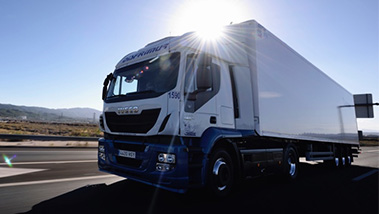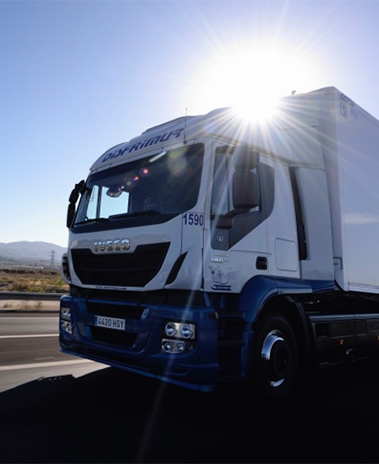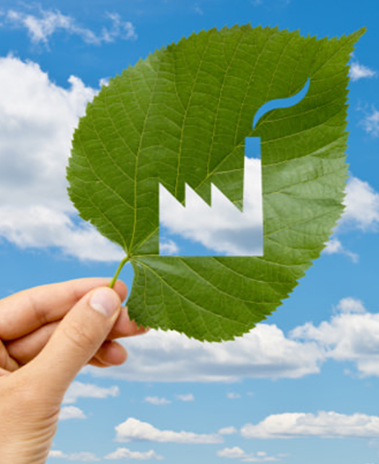#decarbonisation
Decarbonisation is the process of reducing the amount of carbon, mainly carbon dioxide (CO2), sent into the atmosphere. Its objective is to achieve a low-emission global economy to attain climate neutrality via the energy transition.
-
Iberdrola maintains its commitment to decarbonisation. The company has remained on the most prestigious climate change index in the world, the CDP, with the highest score. The group chaired by Ignacio Galán has been included in CDP's A List...
Green hydrogen is one of the essential technologies for tackling the most difficult challenges of decarbonisation. In this new scenario, the alliances that are helping to make it a reality are gaining ground, such as Iberdrola's agreement with H2 Green Steel to build a 1,000 MW green hydrogen plant and to develop this resource with an estimated investment of €2.3 billion.
-
Since 2008, Iberdrola has calculated its carbon footprint by means of a greenhouse gas inventory.
One of the main objectives of a company today is to strike a balance between business sustainability and environmental care and respect. In a context of climate crisis in which stricter regulations are necessary, logistics can even become an ally of sustainability. We review global trends and Iberdrola's partnerships that are driving responsible logistics.
-
As part of its strategy towards energy transition, and with the aim of contributing to the decarbonisation of the economy, Iberdrola is committed to digitalising more than 80% of its transmission and distribution networks by 2025. Grids are...
-
Facebook More than 80% of Iberdrola’s high and medium voltaje grids worldwide will be smart by 2025
-
Twitter More than 80% of Iberdrola’s high and medium voltaje grids worldwide will be smart by 2025
-
Linkedin More than 80% of Iberdrola’s high and medium voltaje grids worldwide will be smart by 2025
-
Whatsapp
The objective of both the Paris Agreement and the commitments being made by Europe is that of an emission-free society by 2050. By then, the energy carriers will have to be fully decarbonised, meaning there will no place for the fossil fuels being used today.
-





